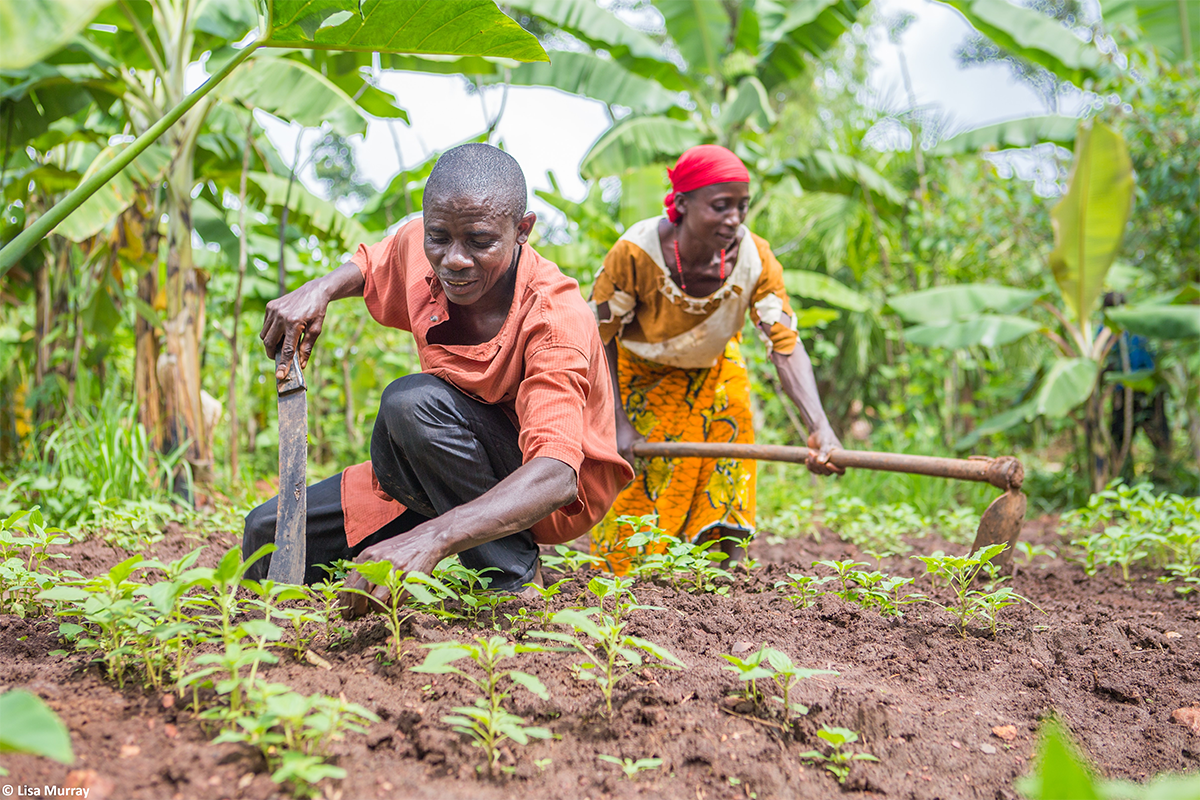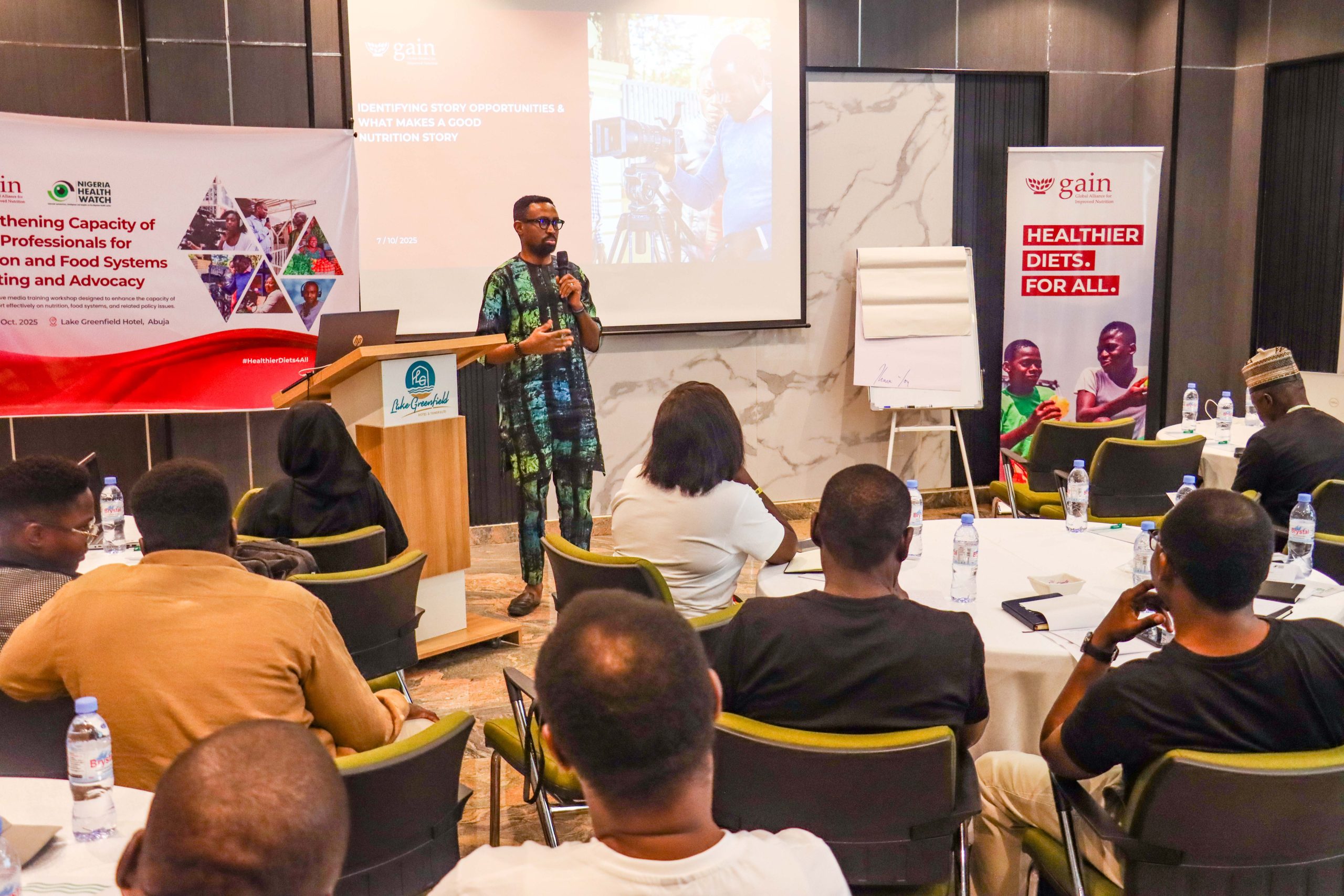The Federal Government has strengthened the country’s data-driven agric policy, with evidence-based agricultural planning and policy implementation to address the lingering food crisis in the country.
This was disclosed during the official presentation of the 2025 Agricultural Performance Report by the National Agricultural Extension and Research Liaison Services (NAERLS), to the Minister of Agriculture and Food Security, Senator Abubakar Kyari, in Abuja.
The 2025 APS, conducted between August 30 and September 7 in partnership with state ministries, agencies, and development partners, offers a comprehensive review of the agricultural sector during the 2025 wet season. Covering 13 thematic areas, the survey evaluated production trends, constraints to productivity, technology adoption, and field-level insights to inform government strategies.
In his remarks, Kyari, who commended NAERLS, its partners, technical departments, the Federal Departments of Agricultural Extension, Planning and Policy Coordination, and Livestock and Fisheries for their depth of collaboration and methodological rigor, highlighted that the inclusion of new datasets, such as the Farm Family Census and Tractor Census represents a new benchmark for agricultural data excellence for sustainable policy making and strategic investment.
According to the APS, major staples, namely rice, maize, sorghum, millet, cowpea, yam and cassava, recorded production growth over 2024 levels, contributing to a notable decline in food prices across all geopolitical zones.
However, the report also revealed persisting challenges, including high input costs, uneven mechanisation coverage, and postharvest losses in parts of the South-West and North-Central. Flooding, pest infestations, and livestock disease outbreaks further constrained performance in some regions.
According to the Executive Director of NAERLS, Professor Yusuf Ahmed Sani, despite the challenges highlighted in the survey, the resilience of Nigerian farmers, the steady gains in crop production and the government’s renewed commitment to data-driven action collectively signal a hopeful path toward a more productive, resilient, and food-secure future for the nation.
The Minister therefore pledged to act on the survey’s recommendations by institutionalising a Dry Season Agricultural Performance Survey, scaling climate-smart agriculture, expanding mechanisation and digital extension systems, and strengthening local fertiliser production.
He also emphasised support for youth and women farmers, improved postharvest infrastructure, and deeper collaboration with research institutions and the private sector. Kyari reaffirmed that the APS remains a national public good, vital to guiding Nigeria’s pursuit of food and nutrition security. He lauded the leadership of Ahmadu Bello University and NAERLS for their dedication to advancing agricultural data integrity.
Kyari reaffirmed the Ministry’s resolve to transform Nigerian agriculture into a productive, inclusive, and resilient sector.






